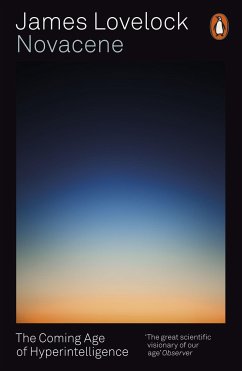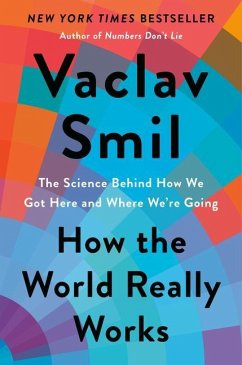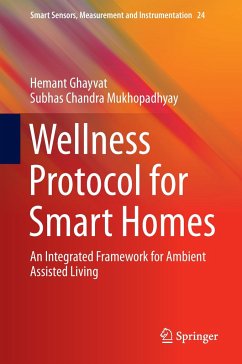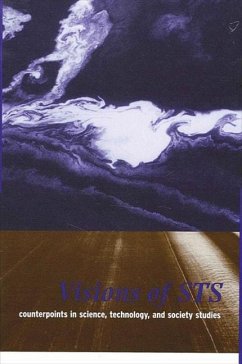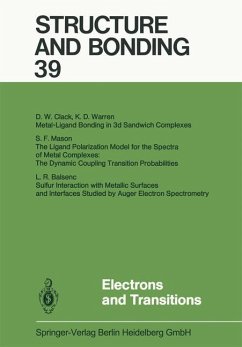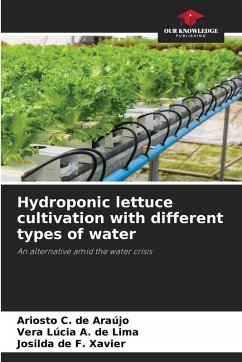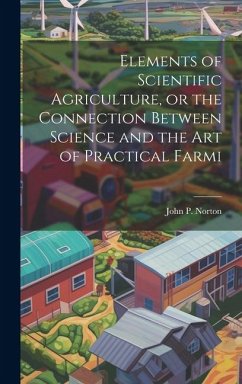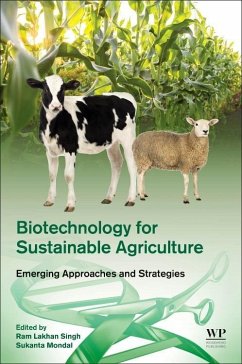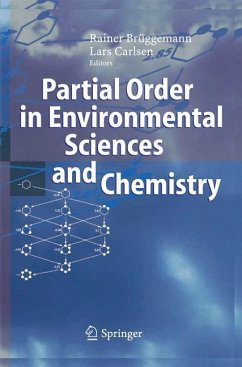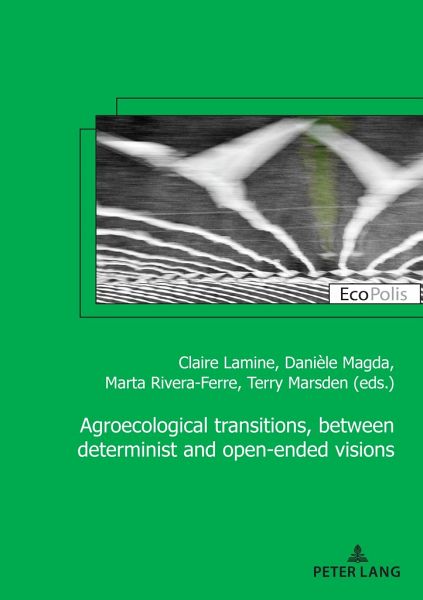
Agroecological transitions, between determinist and open-ended visions
Versandkostenfrei!
Versandfertig in 6-10 Tagen
37,45 €
inkl. MwSt.

PAYBACK Punkte
0 °P sammeln!
Debates around agroecology most often focus on the depth and radicality of the change and relate to different visions of agroecology, which tends to eclipse the ontological relationships of actors (or researchers) to the very 'change process' itself.This book is an endeavor to explicate relationships to change in agroecological transitions, referring to two contrasting and ideal-typical ontological relationships to change, the determinist perspective and the open-ended perspective. These conceptions or interpretations of the change process are based respectively on whether objectives and means...
Debates around agroecology most often focus on the depth and radicality of the change and relate to different visions of agroecology, which tends to eclipse the ontological relationships of actors (or researchers) to the very 'change process' itself.
This book is an endeavor to explicate relationships to change in agroecological transitions, referring to two contrasting and ideal-typical ontological relationships to change, the determinist perspective and the open-ended perspective. These conceptions or interpretations of the change process are based respectively on whether objectives and means are predetermined, or defi ned during the change process and while accounting for the uncertainty and complexity of mechanisms of change as well as for the diversity of actors'visions.
Many diverse cases of agroecological transitions are discussed in this book, in order to highlight the fact that these perspectives are not always exclusive in transition process but that they can be articulated successively or combined complementarily, in different ways - thus reinforcing the potential diversity of transition pathways.
This book is an endeavor to explicate relationships to change in agroecological transitions, referring to two contrasting and ideal-typical ontological relationships to change, the determinist perspective and the open-ended perspective. These conceptions or interpretations of the change process are based respectively on whether objectives and means are predetermined, or defi ned during the change process and while accounting for the uncertainty and complexity of mechanisms of change as well as for the diversity of actors'visions.
Many diverse cases of agroecological transitions are discussed in this book, in order to highlight the fact that these perspectives are not always exclusive in transition process but that they can be articulated successively or combined complementarily, in different ways - thus reinforcing the potential diversity of transition pathways.





